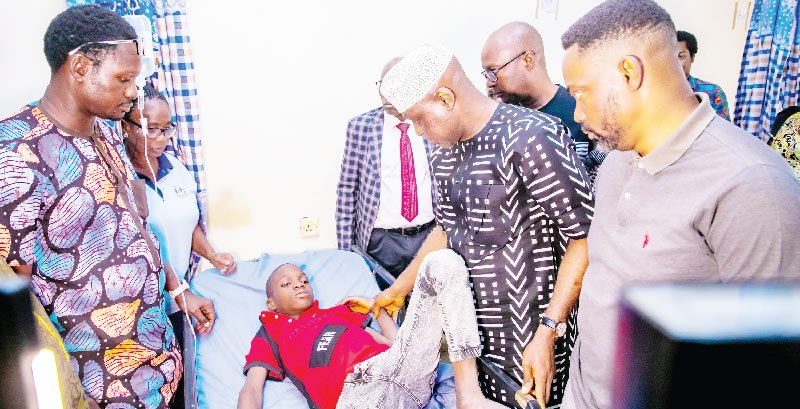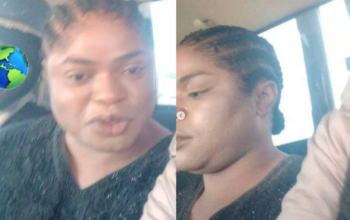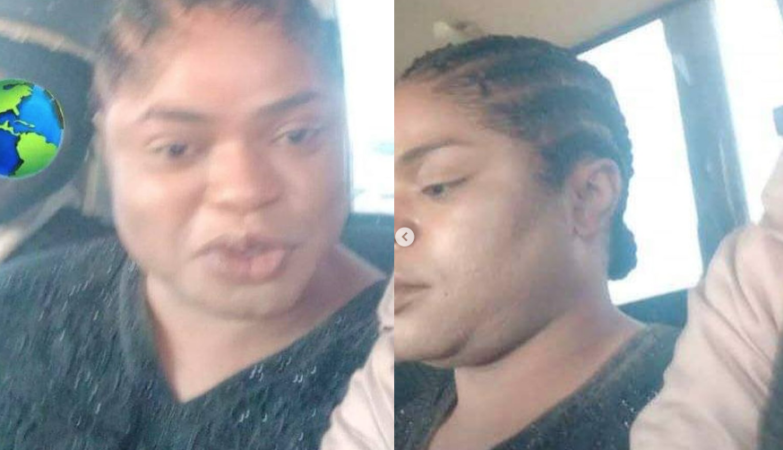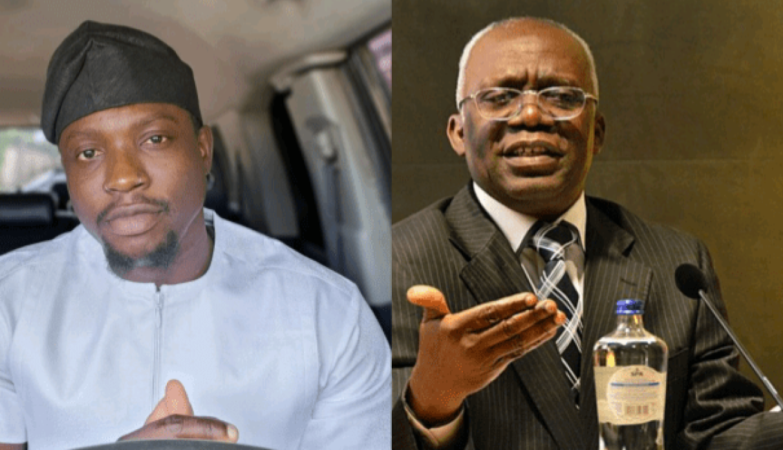Despite warnings by the Federal Government against crowd-funding for ransoms, the practice has continued to gain ground with the abductees and their families raising funds from relatives, friends, and social media to secure the release of kidnapped victims.
Families of abductees disclosed that they disregarded the government’s warning because they feared the victims might be killed or harmed if they failed to pay the ransom.
In Ekiti State, pupils and teachers of Apostolic Faith Group of Schools, Emure Ekiti, who were abducted last week, regained their freedom in the early hours of Sunday.
Some parents and other relatives of the victims, who spoke to The PUNCH, said the kidnappers freed the abductees after collecting N15m and other items including fried rice, malt drinks, energy drinks, and cigarettes.
Although the Proprietor of the school, Gabriel Adesanya, confirmed to one of our correspondents that a ransom was paid, he did not specify the actual amount paid.
In reaction to the wave of abductions in Abuja, Kaduna, Lagos, and many other states, the Minister of Defence, Abubakar Badaru, had a few weeks ago warned relatives of kidnapped victims against engaging in crowd-funding and paying ransom to kidnappers.
The minister, who spoke after a meeting between President Bola Tinubu and the service chiefs at the Presidential Villa, admitted that the kidnapping was high within the Federal Capital Territory area councils.
Reacting to the issue of crowd-funding to pay ransom, Badaru said, “We all know that there is an existing law against the payment of ransom. So, it is very sad for people to go over the internet and radio asking for donations to pay ransom.’’
The Nigeria Police Force had similarly admonished Nigerians against crowd-funding for ransom, especially on social media.
The Delta State Police Public Relations Officer, Bright Edafe, in a post via his official X handle on January 2, described it as criminal and warned Nigerians against the practice.
“Crowd-funding for ransom payment is criminal. It’s dangerous and should not be encouraged. Let’s stop making kidnapping a thriving and lucrative business in Nigeria. This tweet is deeper than you think. It’s not about dragging me or the police. We seriously need to discourage this,” Edafe posted.
The Force Public Relations Officer, Muyiwa Adejobi, also said the practice undermined security and contributed to the abduction spree in the country.
In an interview with Channels TV on February 1, Adejobi pointed out that ransom payment was a crime in Nigeria.
“It got to a stage where somebody did crowd-funding on social media; this will not help us in any way. It is criminal. It is not allowed. It is condemned. Even the Federal Government condemned it. Crowd-funding is not allowed,” he said.
Families justify payment
However, the families of abductees justified the act, stating that they paid ransoms to secure the lives of their loved ones.
Confirming that he raised funds through crowd-funding to secure his release, a kidnapped victim in Zamfara State who gave his name as Mohammed Shehu, told The PUNCH on Sunday that he was asked by bandits to pay N20m ransom but the amount was later reduced to N10m.
Shehu, an indigene of Magami town of the Gusau Local Government Area in Zamfara State, said he sold his house and other valuables but could only raise N5.3m, adding that his family and friends had to look for the remaining balance of N4.7m to get his freedom.
According to him, his family members and other people had to contribute to make sure that the amount was paid, as the bandits gave a seven-day ultimatum.
He said, “When I was kidnapped on the Gusau-Sokoto road and taken to the forest, the bandits leader reached out to my family and told them to pay N20m as ransom. However, after the negotiation, the amount was reduced to N10m.
“I told the family to sell off my house and other things so that they could raise the amount and pay because I was being punished by the kidnappers. After the sale of my house and other valuables, the sum of N5.3m was realised and taken to the bandits, but they insisted that the balance of N4.7m must be paid or they would kill me.
Colleagues raise funds
A retired top official of the National Broadcast Commission said members of his family, the traditional ruler in his area as well as colleagues contributed the ransom that was paid to his captors to ensure his release and that of his daughter.
The retired officer who spoke on the condition of anonymity, said, “Bandits kidnapped my daughter and me a few months ago. Members of my family, the traditional ruler of my community, friends, and colleagues contributed the ransom that was paid to ensure our release.”
Kidnapped victims in Delta State narrated how money was raised by their relatives, friends, and church members to pay the ransom.








